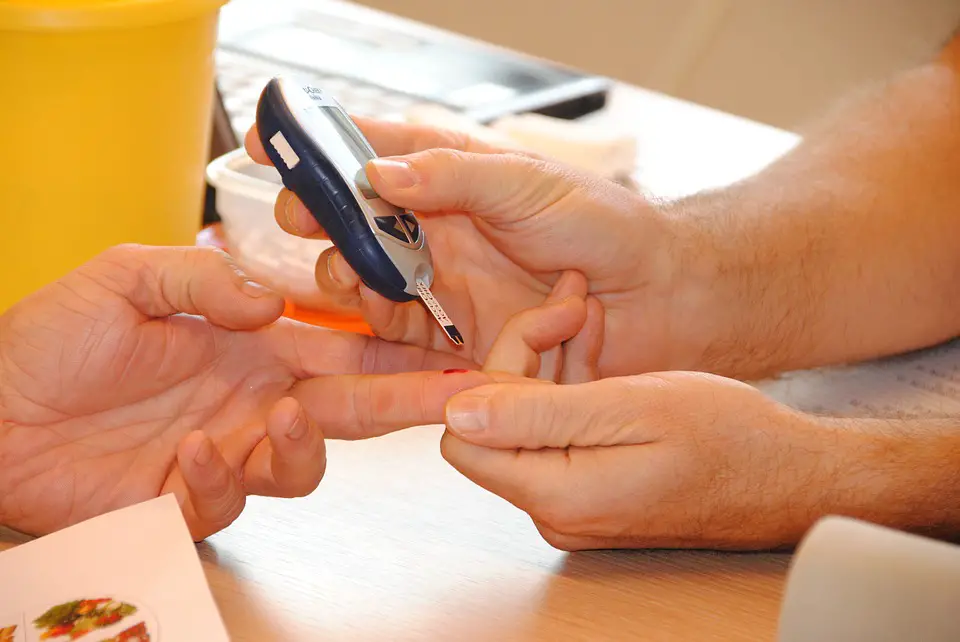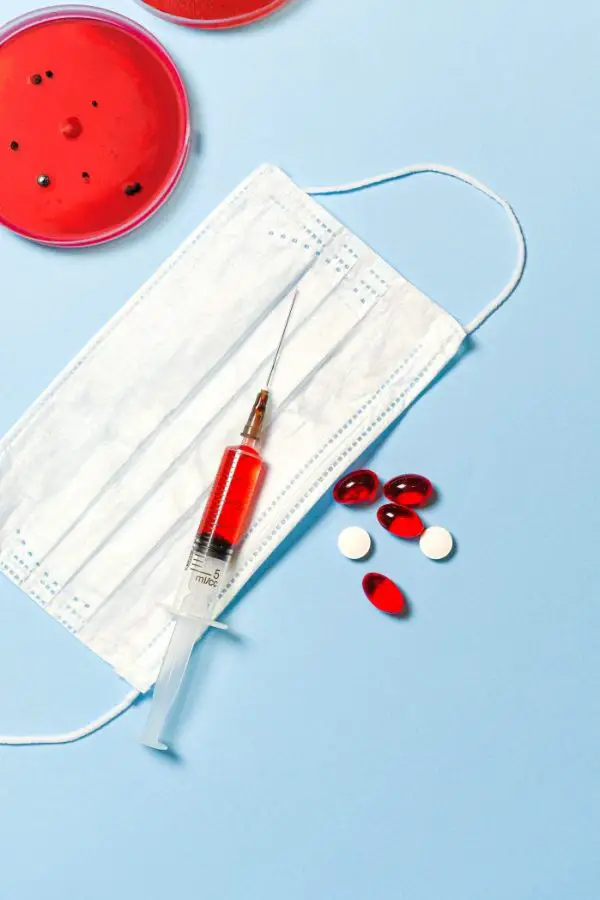A greater form of protection seems to be in effect for people with blood type O against the coronavirus Disease 2019 (COVID-19) as compared to people with other blood types, an early data produced by a US genomics firm suggests. However, those with blood type A, as experts suggest, may be more vulnerable to the disease.

Studies have already suggested that the genetics of a person can affect the vulnerability to the disease; and some others have particularly determined the relationship between someone’s blood type and their susceptibility. These studies all came into the conclusion that people with blood type O are less likely to contract the COVID-19.
Read: Are You Blood Type O? Here’s What You Should Avoid To Save Your Life
Studies Regarding Blood Type and COVID-19
In Wuhan, China — or the epicenter of the disease outbreak, two (2) research studies were developed. One that followed the relationship between blood type and COVID-19 susceptibility; while the other followed the relationship between blood type and the risk of contracting pneumonia caused by SARS‐CoV‐2 – the novel coronavirus.
However, the most popular research seems to be of the ongoing research study published by the personal genetics company 23andMe; and this is upon the link between certain blood types and the infamous COVID-19.
Read: U.S Researchers Discovered a New Treatment For Cancer
What is 23andMe?
23andMe is a company that distributes personal genetics testing kits to people interested in finding out their genetic history and/or their predisposition to certain genetically transmitted diseases such as certain types of cancer.
A blog statement from the company bared that a study with more than 750,000 participants have been conducted; which deduced the fact that people with blood type O appear to be more protected against COVID-19 and are 9-18% less likely to test positive for the virus.
The results from the recent studies are in accordance with those from a handful of other reports published earlier this year, including two preprints from a Wuhan (medRxiv 2020, DOI: 10.1101/2020.03.11.20031096) and a New York hospital (medRxiv 2020, DOI: 10.1101/2020.04.08.20058073), and a peer-reviewed study from Wuhan (Br. J. Hematol. 2020, DOI: 10.1111/bjh.16797).
Read: Kidney Infection Signs You Need to Consider
Similarly, a genetic study of more than 1,610 COVID-19 patients in both Italy and Spain said that people whose blood type is A are more likely to develop severe respiratory failure than people with type O blood (medRxiv 2020, DOI: 10.1101/2020.05.31.20114991).
Why Blood Type O is Less Likely to Contract COVID-19?
The answer to that question, however, is still unknown. Fumiichiro Yamamoto, an immunohematology expert at the Josep Carreras Leukaemia Research Institute in Barcelona, said that it’s hard to formulate an opinion regarding the nature of the topic as 23andMe did not publish their data.
But Yamamoto, likewise, said that the recent medRxiv study “is much more conclusive,” than earlier work; as the researchers investigated through 8.5 million gene regions in an unbiased manner to come up with the association.
Read: Google is Building a Website For Self-Checking COVID-19
Andre Franke, a molecular geneticist at Kiel University and the co-lead author of the medRxiv study, told the New York Times on June 3 that a speculation could only be made from the question and that the gene region that codes for blood type is associated with elevated levels of key immune molecules.
Respiratory Failure
Their study entailed extracting DNA samples from 1,980 COVID-19 patients who suffered respiratory failure and were subsequently hospitalized. The samples were scanned through the use of a rapid technique called genotyping; and almost nine million genetic letters were studied. The same experiment was then replicated upon 2,205 blood donors with no evidence of COVID-19.
The study concluded that a number of similar genetic variants were common among ill patients compared to those who were not ill. Spots in the genome called “loci” were what the scientists were looking for — which they ultimately found.
Read: No Face-to-Face Classes Until Vaccine for COVID-19 is Ready
The gene that determines blood type is in one of those spots. Their analysis showed a higher risk for A-positive individuals and a protective effect for blood group O; giving the upper hand to the people who have the O blood type. However, that doesn’t mean they’re safe, they’re just “least susceptible.”
Past research back in the year 2005; amidst the 2002 SARS epidemic furthermore proves the O blood type protection theory.
A research at a Hong Kong hospital investigated the health workers exposed to a patient affected with the disease. Only 8 of 18 people with blood type O have been infected (44%); compared to the other 27 people with other blood types, of whom 23 contracted the virus (85% – almost twice as much).
Immune Systems and Our Blood Types

The blood type is determined by specific sugar molecules that are added to proteins or lipids on our blood cells and other cell types, according to Chemical Science and Engineering News. A-sugar-antigens are carried out from the A blood type while B carried out B-antigens. People with blood type O however have neither.
Read: Improvised Face Masks, Alternatives For Surgical Masks
Immune systems for those with blood type A produce antibodies for B antigens and vice versa; while people with blood type O produce antibodies against both. That is how strong and how useful people the O blood type is.
Blood type influences many factors; the most important of which involve blood clotting, and a growing body of evidence suggests that COVID-19 pathology often involves overactive blood clotting.
Lower Protein Levels
People with blood type O have lower levels of proteins that promote blood clotting, meaning, it’s safer and more efficient if the situation arises that it needs to be used and activated.
To shorten, people with blood type O will produce antibodies against virus transmission from someone in the blood type A group; which can fight the virus, whereas a person with blood type A group won’t have those same antibodies.
You can see this article from The Independent, detailing people with blood type O to be at the least risk.
Read: Coronavirus: People with blood type O at less risk from Covid-19, research shows
Precautionary Measures, Not Exempted
This makes people with an O blood type more capable and susceptible of preventing and overall making the situation better. But, to clear things out, it’s still never safe for anyone to go outside. Even if you have the O blood type, you still wouldn’t be exempted from following safety protocols that are asked for by the governments.
Read: Best Ways to Protect Yourself From Coronavirus, Experts
Even if you are a person with blood type O, you’d still need to:
- Protect yourself
- Wash your hands appropriately
- Wear a face mask when you’re ill
- Observe physical and social distancing
What do you think of this? Do you believe that people with blood type O are less likely at risk to contract COVID-19? As of the moment, tons of people still are not; even if they have data with what the research is stating. If we were to base it on Scientific data, it has high chances of being true.
We’re not experts, though, so let’s wait and see when all of these are proven and tested! For now, let’s stay at home, keep safe, and protect ourselves from the infamous COVID-19!
Sources: Independent, Jerusalem Post